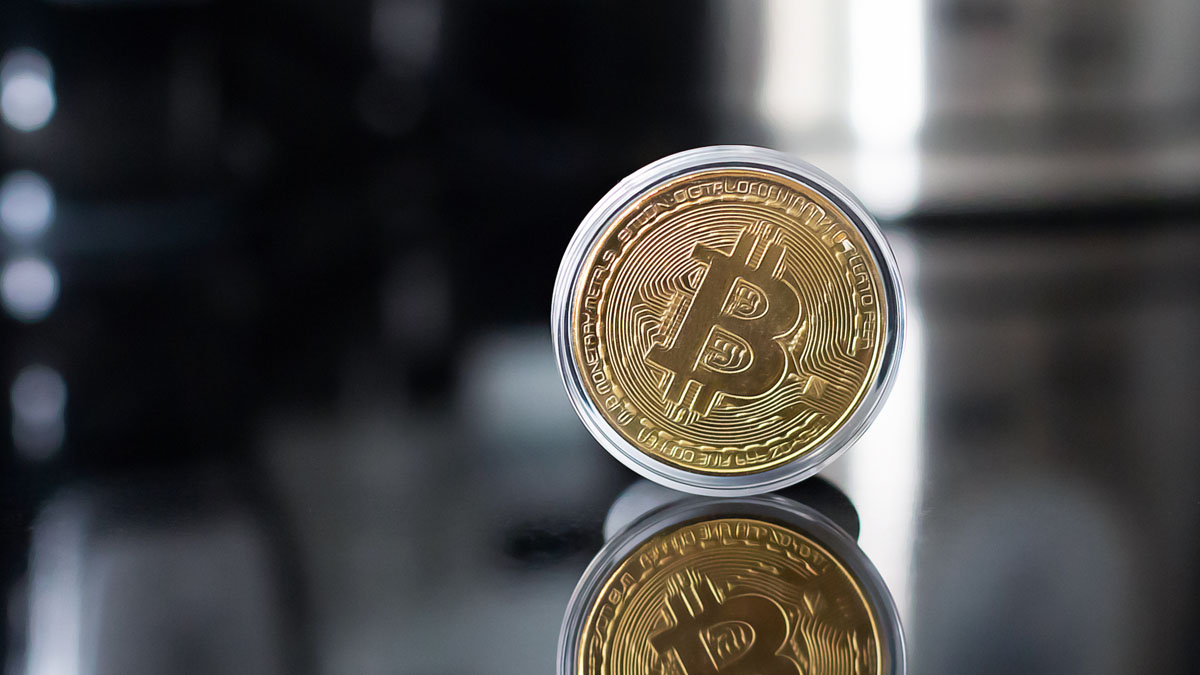In recent statements, Michele Bullock, the President of the Reserve Bank of Australia, clarified that Bitcoin does not qualify as a currency within the nation’s financial framework. Alongside her, Joe Longo, head of the Australian Securities and Investments Commission, called into question Bitcoin’s lasting value, particularly in light of the cryptocurrency market’s recent volatility.
Why Isn’t Bitcoin Considered a Currency?
During a forum held by the ASIC, Bullock firmly stated that Bitcoin cannot be classified as a currency, arguing that it lacks a functional role in economic transactions. Instead, she described it solely as an asset class, distancing it from conventional monetary systems.
“Bitcoin is neither money nor cash. It is solely an asset class.”
Michele Bullock, RBA President
What is the Greater Fool Theory?
Longo critiqued Bitcoin’s recent price fluctuations, labeling the cryptocurrency’s gains as an instance of the “greater fool theory,” where investors hope to resell overvalued assets. He remarked that recent market behavior exemplifies this theory, raising concerns about the sustainability of Bitcoin’s value.
Bitcoin’s price has exhibited significant volatility, falling below $90,000 recently but rebounding to around $90,388. Analysts from Swissblock noted that while Bitcoin’s fundamentals appear strong, hitting the $100,000 mark may take multiple attempts.
Key takeaways from the current situation include:
- Bitcoin is being classified as an asset rather than a currency by Australian officials.
- Volatility continues to characterize the cryptocurrency market.
- Investor behavior is influenced by theories like the “greater fool theory.”
The discourse surrounding Bitcoin’s role in the economy is intensifying, fueled by regulatory scrutiny and market behaviors. Observers suggest that future developments in the cryptocurrency sector will largely hinge on international regulations and market conditions.













